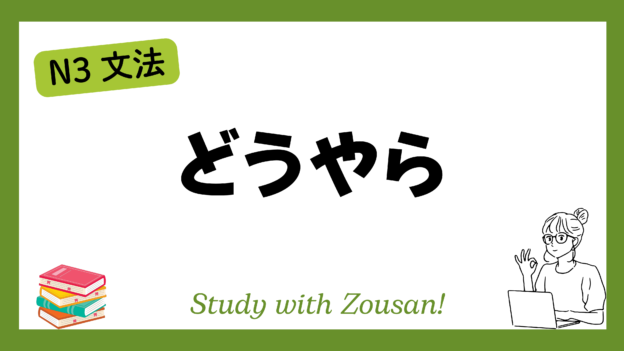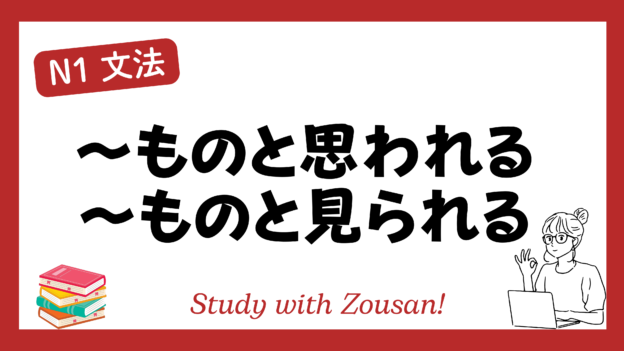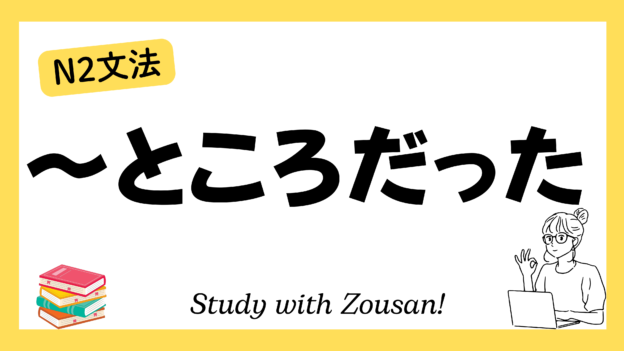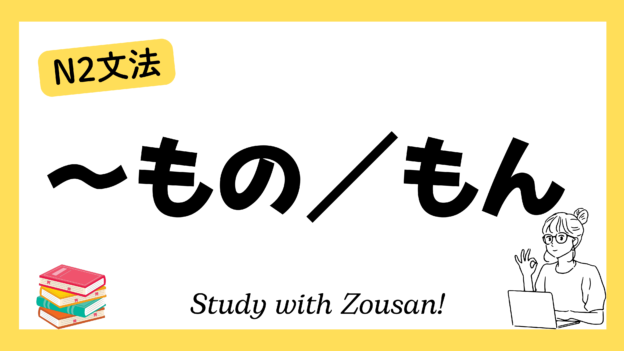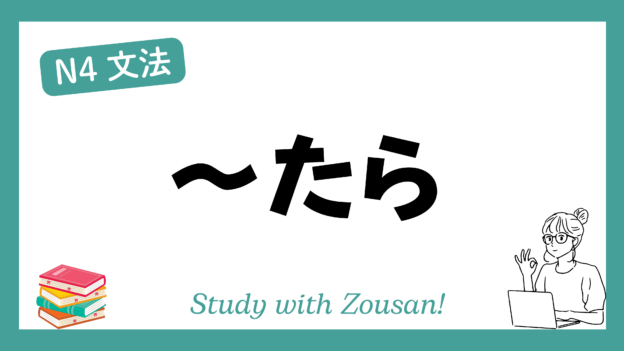N3文法:どうやら
Meaning: “It seems like…”, “Apparently…”
“どうやら” is used to express that something seems to be true based on the available information, though the speaker is not 100% certain. It can be translated as “it seems like…” or “apparently…” and is often used when the speaker makes an assumption or inference based on observation or clues.
※Note: This expression is commonly used when making a guess or assumption based on incomplete information.
Structure:
| どうやら + phrase |
Example:
-
-
-
🌟 どうやら彼はそのことを知っているようだ。
(どうやら かれ は その こと を しっている よう だ。)
It seems like he knows about it. -
🌟 どうやら雨が降りそうだ。
(どうやら あめ が ふりそう だ。)
It looks like it’s going to rain. -
🌟 どうやら彼は来ないようだ。
(どうやら かれ は こない よう だ。)
It seems like he’s not coming. -
🌟 どうやら電車が遅れているみたいだ。
(どうやら でんしゃ が おくれている みたい だ。)
Apparently, the train is delayed. -
🌟 どうやら彼女は新しい仕事を見つけたようだ。
(どうやら かのじょ は あたらしい しごと を みつけた よう だ。)
It seems she found a new job. -
🌟 どうやら彼はもう出発したみたいだ。
(どうやら かれ は もう しゅっぱつ した みたい だ。)
It looks like he has already left. -
🌟 どうやら彼はそのプロジェクトに関わっているらしい。
(どうやら かれ は その プロジェクト に かかわっている らしい。)
It seems like he is involved in that project. -
🌟 どうやら試験は予定より早く終わったようだ。
(どうやら しけん は よてい より はやく おわった よう だ。)
Apparently, the exam ended earlier than planned. -
🌟 どうやら彼女は引っ越すつもりらしい。
(どうやら かのじょ は ひっこす つもり らしい。)
It seems like she’s planning to move. -
🌟 どうやらその噂は本当だったようだ。
(どうやら その うわさ は ほんとう だった よう だ。)
Apparently, that rumor was true.
-
-



